Writing Tips from Popular YA Authors
As a YA writer, your set of writing rules may differ slightly from that of more traditional fiction or nonfiction. Of course, at its core, writing has some universal rules that can help virtually anyone improve their craft. However, the more specific the genre, the more specific the rules and writing tips will be. Putting yourself into the mind of people with vastly different ages and circumstances than your own comes with its own unique set of challenges. Here are some tips from famous YA writers to help you with your next YA novel:
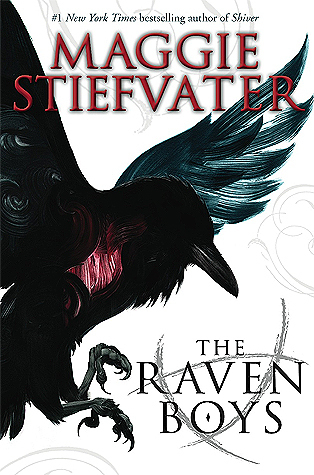
Maggie Stiefvater, The Raven Cycle
“The biggest piece of advice that I can give you is that if you’re going to be in any creative profession, you should turn all of the no’s that you’ll hear – and you’ll get a lot of them – into ‘not yet,’ instead… if you assume that those ‘no’s’ mean ‘not yet,’ that means you just have to try harder and look more impressive the next time…”
Being in any type of creative field can involve a lot of rejection. Our books are like our babies, so putting your baby out there into the world and having it rejected can be a truly depressing process. Stiefvater encourages writers to put a positive spin on the rejections they receive and to use them as learning opportunities instead of fuel for a weekend-long Netflix and ice cream binge.
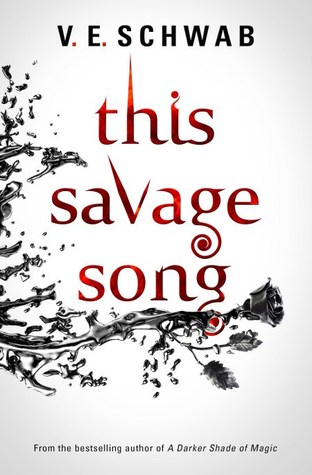
Victoria Schwab, This Savage Song
“Just to be brave. I think the first thing you have to realize is that you have to put yourself out there, and rejection is part of the process and it’s kind of a part that you should embrace because it never goes away.”
Everything about novel writing is about putting yourself out there. Not only are you putting yourself out there in terms of representation, but any good novel is incredibly personal and close to home. Don’t let the fear of rejection keep you from digging deep when it comes to writing your book and, equally as important, don’t let the personal nature of your novel keep you from putting it out into the world.
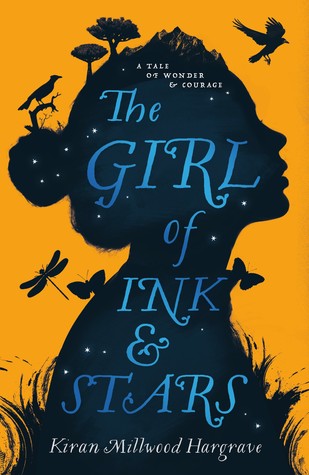
Kiran Millwood-Hargrave, The Girl of Ink and Stars
“Just keep going, keep that initial inspiration that you had in your head, and just write until you get to the end— then make it better!”
As we’ve said before, one of the toughest things about writing is to push through and avoid critiquing yourself as you write. Millwood-Hargrave’s advice is to push through until the end and ignore that voice in your head telling you to make changes. Once you have it all down on paper, then go back and make the improvements your book needs.
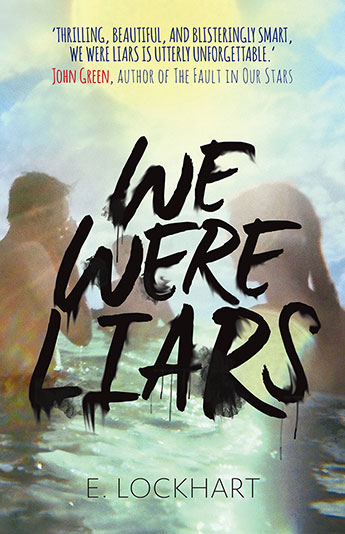
E. Lockhart, We Were Liars
“You know that old piece of advice: ‘Write what you know’? It doesn’t mean write about a young person who likes to write. It doesn’t mean write about your school, or your neighborhood, or your community. It means: write what you know is emotionally true. You can write about Mars. You can write about werewolves. You can write about medieval knights. You just have to understand the emotional truths of your story.”
As Lockhart states, the phrase ‘write what you know’ doesn’t mean you have to have gone through everything your protagonist is going through in order to write about it. Instead, it simply means you have to be able to understand how it would feel for someone like your protagonist to go through the events of your story.

Veronica Roth, Divergent
“I think everyone’s got a little teenager inside of them still, and you just have to work to help yourself access that teenager…Every now and then I find myself having a character make a decision that feels very adult without having them earn it, and I have to go back and make sure I’m letting the characters make mistakes they would in real life at that age, like a parent.”
As an adult writing YA literature, it can often be difficult to put yourself back into the mindset of being a teenager. As Roth suggests, you have to access your inner teen and allow your protagonist to be a teen- with all of the mistakes, emotional insecurity, and turmoil that comes with it.
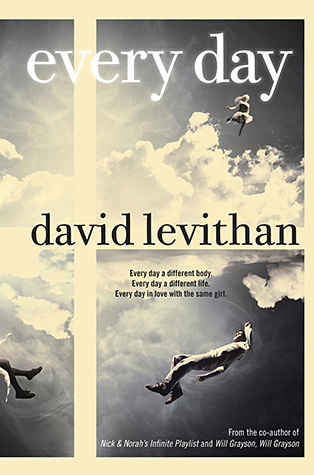
David Levithan, Every Day
“The defining characteristic of YA literature is emotional truth…Even if we’re not the same as the characters we read, they are all dealing with things—issues of who they are, who they should be, what they should and shouldn’t do—that we all deal with, in their own ways. With The Hunger Games, even if we will never be in Katniss’s shoes, the decisions she makes make emotional sense to us—even when she makes the wrong ones.”
As with all literature, the backbone of YA lit is emotional truth. No one wants to read a book about teens that you’ve written as whiny and annoying- especially teens themselves. You need to be able to look back on the younger generation, their level of maturity, and give them believable emotional struggles that truly matter. Your reader should be looking at these characters thinking ‘that’s something I struggle with’ or ‘I remember when I struggled with that’ not ‘this character is stupid for worrying about [insert stereotypical problem here]’.
